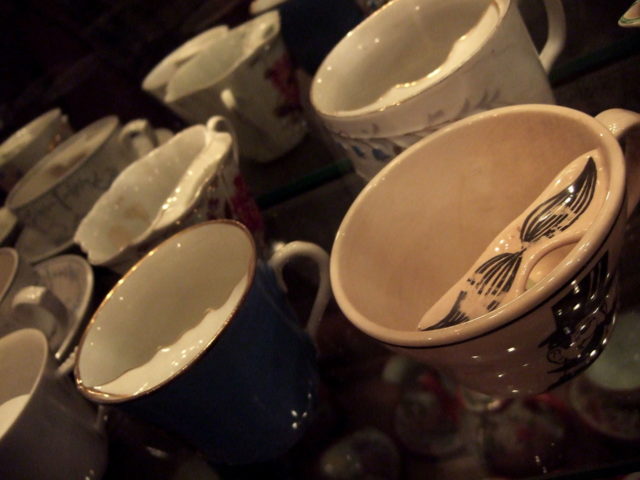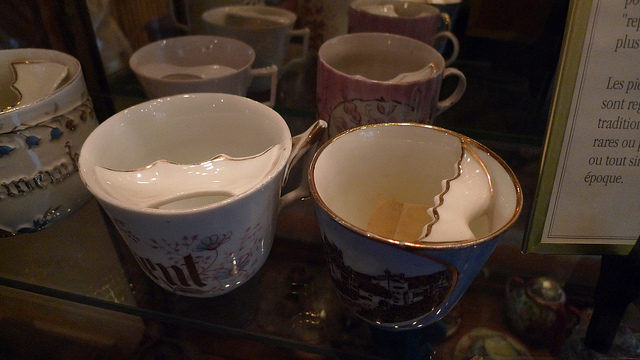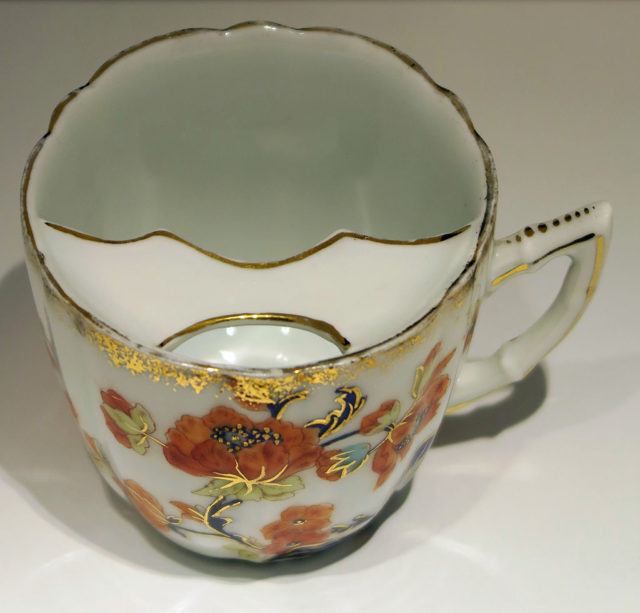Some trends last for a week and disappear forever, while others are on a cycle of sorts. Such is the case with the mustache phenomenon, which a few years ago men around the globe embraced anew, especially the hipsters. The market is overwhelmed with products for mustache and beard care. Special oils, trimmers, and combs are sold online, together with instructions on how to grow and maintain your mustache. A symbol of masculinity, a way to make one look more mature, or simply the fashion, the mustache trend is here.
There were times when men paid, even more, attention to their mustache than they do today. Besides the daily trimming and usage of special waxes, mustache lovers in the Victorian era enjoyed special inventions for protection of their facial hair, such as the “Mustache Cup.”
The gentlemen from this time wore their mustaches with pride. It had to be firm and stiff, properly groomed, and not too long or too short. Wax was used to keep the mustache in place, and Victorian-era gentlemen were known to carry a special comb inside the pocket of their coat.

This special two-inch-long foldable comb was often made of tortoiseshell and silver. Many of the men from this period also dyed their mustache to appear younger. There’s no question that it had a special meaning attached to it. Men were sending the signal that they are manly by growing one, while meticulously shaving the rest of their face.
A moustache challenge appeared at tea time: the heat of the beverage melted the wax or washed the dye off facial hair. As we all know how important tea is in Britain, something had to be done. The gentlemen faced with having to quit either the tea nor the mustache? Unthinkable. Enter, the mustache cup.

Invented by Harvey Adams, a British potter, the necessity was introduced in the 1860s. Looking like a regular tea cup, it had a special add-on, the mustache guard. The solution was quite simple: a ledge was attached to the inside of the cup, with a small opening for the tea to come through. The ledge would stick to the mustache, preventing the hot beverage from touching the facial hair of the tea-drinker.

The mustache cup was an instant success. Sold widely throughout Britain, it became popular all across Europe and then the United States. Mass production of the mustache cap began, and the inventor became so wealthy that he retired 15 years after the sensational invention. Cups with different sizes were made, using various materials too.

They often came with matching saucers, and some were even custom made, having the name of the owner written on the cup. All kinds of designs were applied on the cups so, in no time, there were British, German, American, and even Japanese mustache cups.
Read another story from us: Victorian fashion: Restrictive, uncomfortable, and a little dangerous
The cup remained popular until the end of the Victorian age, and endured a decade and a half more, until World War I began, and the mustache cup vanished into history. Today, we can only find mustache cups in museums and private collections. But since mustache grooming has become widely popular in the past few years, mostly thanks to global events like Movember, maybe it’s a question of time until a similar product hits the market again and becomes an instant hit among the mustache lovers.
